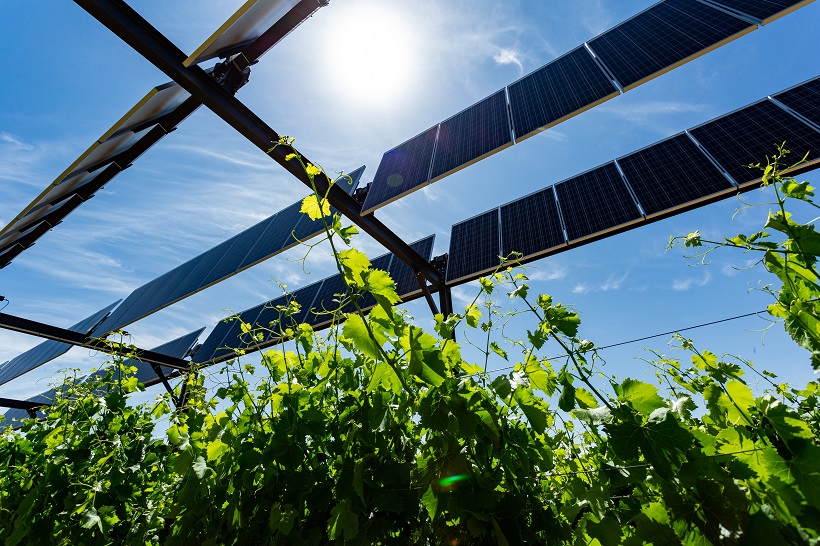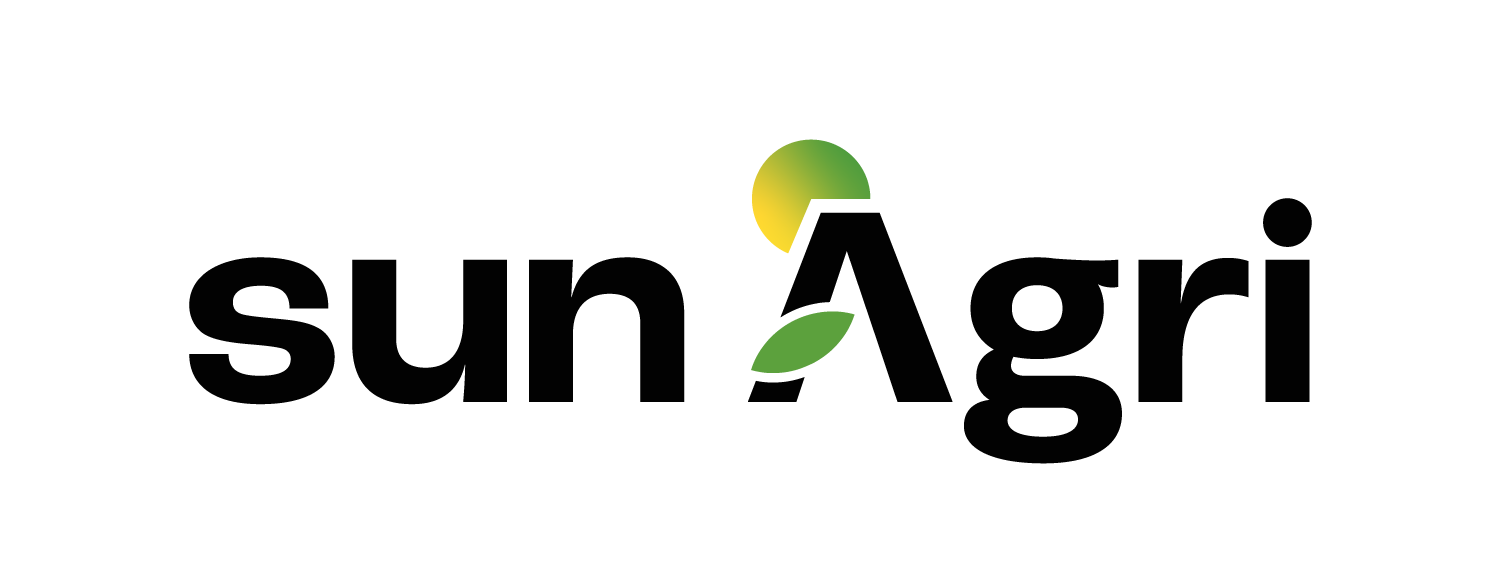
Sun’Agri, a pioneer in dynamic agrivoltaics, and ITK, a specialist in agri-intelligence and developer of agronomic decision analysis tools, have signed an industrial and commercial cooperation partnership to help agriculture adapt to climate change. This 15-year collaboration represents a world first, thanks to the unique synergy it creates between two fields of the green economy: photovoltaics and precision agriculture.
The decade from 2010 to 2019 was the warmest on record, and this trend intensified between 2015 and 2019, reflecting an acceleration of global warming. These figures from the new report[1] by the World Meteorological Organisation (WMO) translate into an exponential impact on our environment and economy. This is particularly true for farms, whose yields are significantly affected by climate change (in terms of sunshine, water resources, etc.).
Faced with this challenge, the agricultural sector urgently needs to adapt its practices. This is the mission of ITK, a company founded in 2003, which has carried out simulations of the effect of climate change on vineyards, as well as investigating the changes in agricultural practices that would make it possible to mitigate this impact[2]. For more than 10 years, this has also been Sun’Agri’s mission, through the development of dynamic (or controlled) agrivoltaics, a ground-breaking technology that modifies the microclimate of crops in real time in order to protect them from climate risks, based on their need for shade or sun. The solution takes the form of photovoltaic louvres located above the plants, at a sufficient height to allow the passage of agricultural machinery. The orientation of the solar panels is based on algorithms developed by Sun’Agri that are tailored to the needs of each targeted agricultural crop (mainly viticulture, arboriculture and vegetable farming).
Sun’Agri has been working on agrivoltaics since 2009. In 2016, it joined forces with ITK, the world leader in Agri-Intelligence, to jointly develop the system for controlling the photovoltaic panels, with a view to maximising the benefits of shading for both crop yields and quality. The two companies are working on a daily basis to industrialise dynamic agrivoltaic systems and services, by expanding their know-how to as many of the crops that are already suffering from climate change as possible. In order to strengthen and sustain this cooperation, Sun’Agri and ITK have signed a 15-year industrial and commercial cooperation partnership, aimed in particular at the commercial deployment of dynamic agrivoltaics in France and around the world.
As part of this agreement, ITK will provide Sun’Agri with access to bioclimatic indicators and plant growth models for each targeted crop, which will gradually take into account the impact of shading. The inclusion of this parameter, managed by Sun’Agri under its dynamic agrivoltaic system, opens up a new field within agronomy.
The ITK growth models already enable better prediction of potential crop yields and quality as a function of climate, soil and planting method, the adjustment of agricultural practices (irrigation, fertilisation, phytosanitary measures, pesticides), and the reduction of the environmental impact of agriculture. The R&D work conducted by the two companies in partnership with INRAE makes it possible to account for the specific effects of the microclimate of crops under photovoltaic shading (intermittent shading, decoupling between the climate of the plot and that of its environment).
Thanks to this partnership and the billions of data points that have been collected, Sun’Agri is strengthening its knowledge, tools and methods relating to plant growth. This makes it possible to fine-tune the algorithms for controlling the orientation of solar panels in dynamic agrivoltaic installations and to industrialise the control system in the service of the plants.
“This strategic partnership gives us exclusive access to the world’s most powerful growth models for plants. It marks a new step in our work to optimise the performance of dynamic agrivoltaics”, says Antoine Nogier, founder of Sun’Agri.
“This collaboration allows us to enhance our crop models by integrating plant-climate interactions that have so far been little studied. Beyond the field of dynamic agrivoltaics, this will allow us to further improve the accuracy of our decision analysis tools for conventional farming and even for agroforestry”, adds Aline Bsaibes, ITK’s Managing Director.
[1] https://public.wmo.int/fr/medias/communiqu%C3%A9s-de-presse/un-rapport-interorganisations-met-en-%C3%A9vidence-les-r%C3%A9percussions
